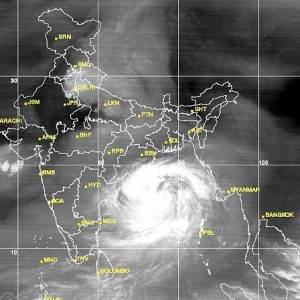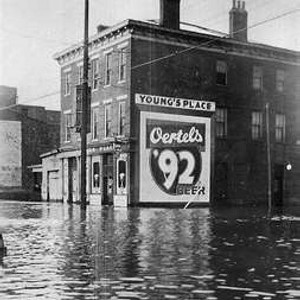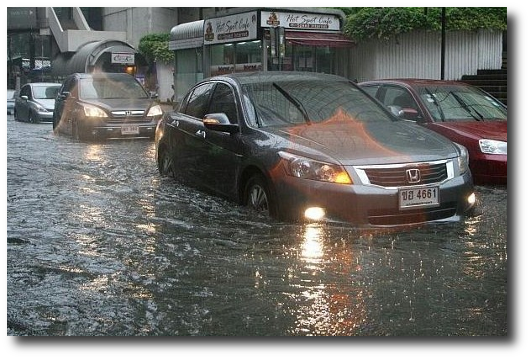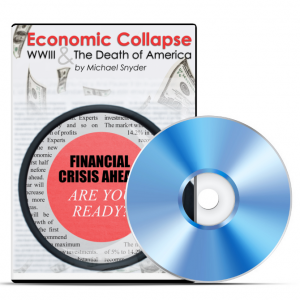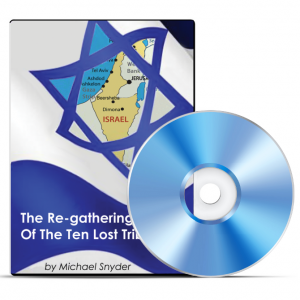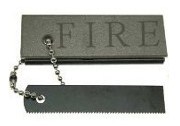Hurricanes and typhoons are very powerful storm systems that pack powerful winds and rain that have the capability of causing massive destruction to property and loss of life. For us, two hurricanes have left their mark on our collective memories, hurricanes Katrina and Sandy
Whichever side of the fence you are on about global warming, it is an undeniable fact that the more erratic and forceful weather patterns are connected to this phenomenon. The ferocity and frequency of these destructive events are increasing, and thus, more people are affected, their property and lives at the mercy of nature’s wrath.
If anything, physical evacuation from the affected area is probably the safest thing you can do, provided you have both the luxury of time ahead of the actual event, the proper logistics, and a place to stay away from the potential calamity. For those that do not have such an option, or insist on staying in their homes, it is imperative that the proper preparations (Read more....)
[…]

